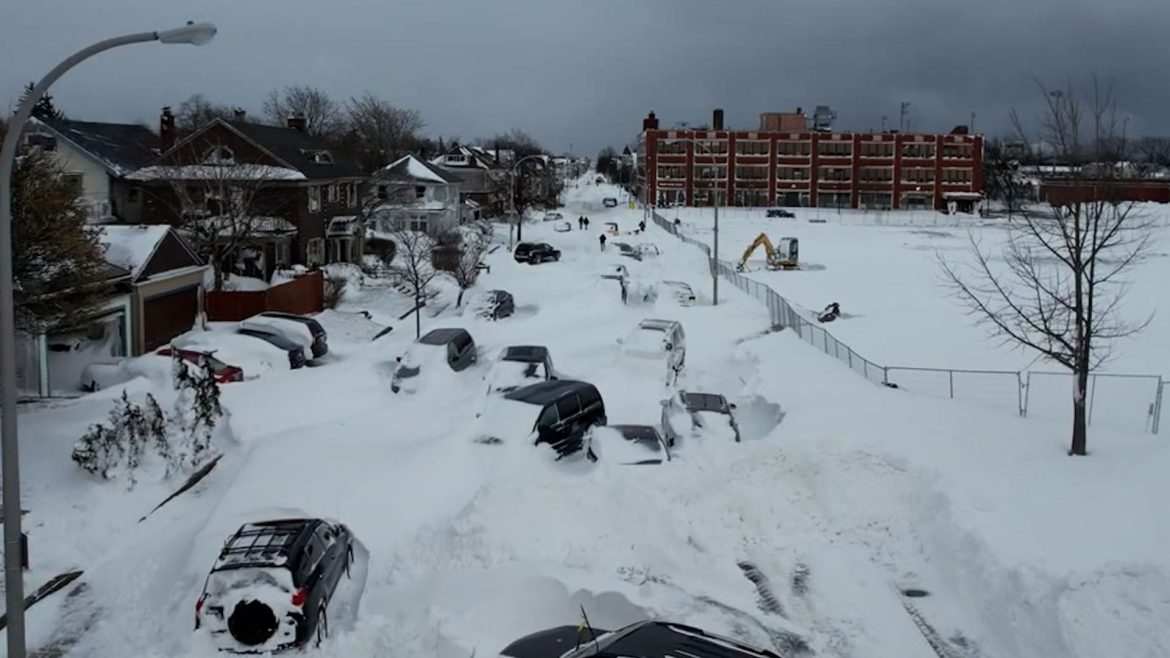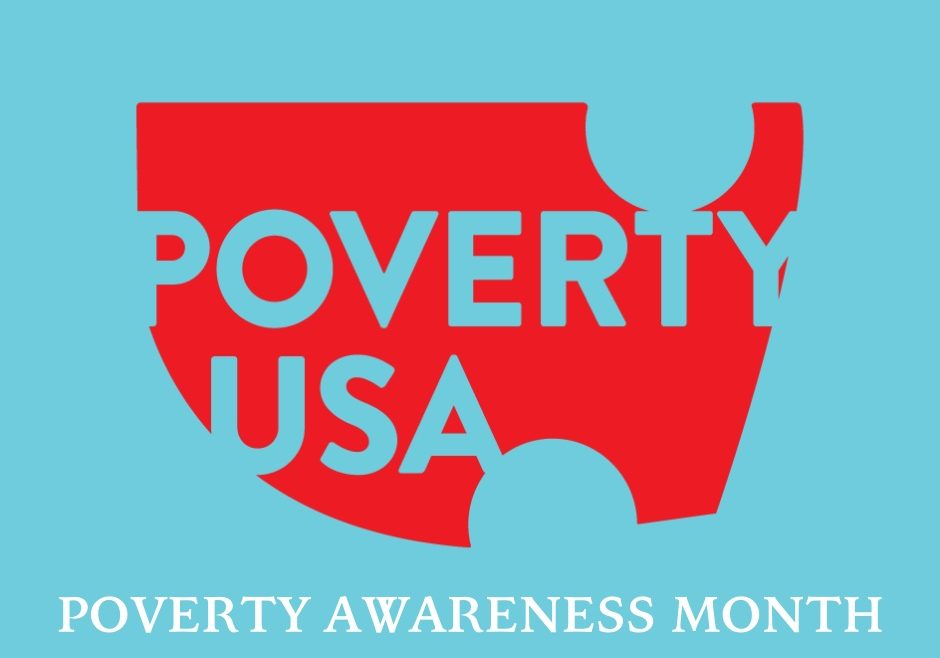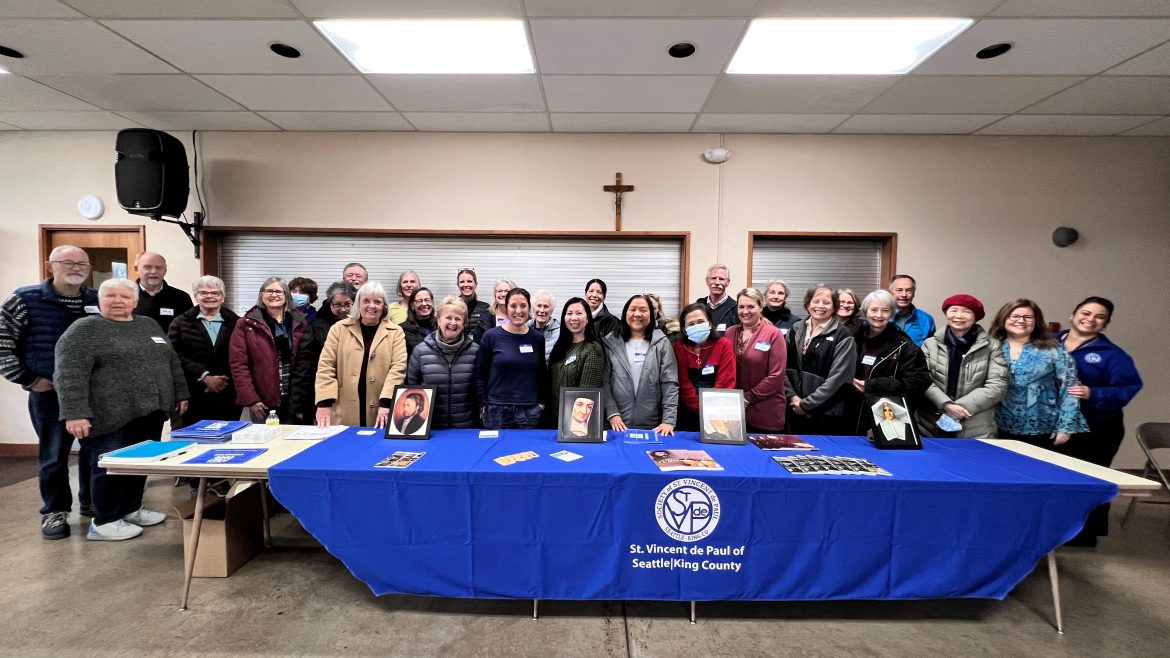It was called “a once-in-a-generation event.” The major winter storm that impacted parts of the U.S. and Western New York. Buffalo and surrounding areas are used to experiencing severe winter weather, but nothing like the storm that took place last December. The weather event caused 51.9 inches of snow to fall, -30 degree wind chills, 80 MPH winds, and over 39 fatalities.
Thankfully, Vincentians were able to respond to the disaster related event and support those in need.
“The blizzard of December 23, 2023 literally blew in Friday morning, closing stores and implementing travel bans for the next 5 days in Buffalo and Erie County. With 75 mph wind gusts, home was the safest place to be. However, our friends in need, as well as many others lost power and food in their refrigerators just days before Christmas. By the time the city opened up, the need for assistance was obvious for Vincentian,” said Cheri Frank, President of Diocesan Council of Buffalo.
“We received a $10,000 Rapid Relief Grant from the National Council and provided 15 Conferences with financial assistance to give out food gift cards and deliver space heaters to those with no heat due to furnace problems caused by the storm. I’m pleased to report, that the funding helped over 300 families with food insecurities and 12 families with space heaters. Thank you to all those involved.”












 The session tackled the importance of reflective listening to hear the deeper needs of our neighbors and of each other in the Conference meeting. The orientation also offered significant points on “twinning” as a necessary spiritual practice that encourages Vincentians to act as One Society, living, sharing, and growing Spirituality together in service to our most vulnerable neighbors and to each other as Conference members.
The session tackled the importance of reflective listening to hear the deeper needs of our neighbors and of each other in the Conference meeting. The orientation also offered significant points on “twinning” as a necessary spiritual practice that encourages Vincentians to act as One Society, living, sharing, and growing Spirituality together in service to our most vulnerable neighbors and to each other as Conference members.